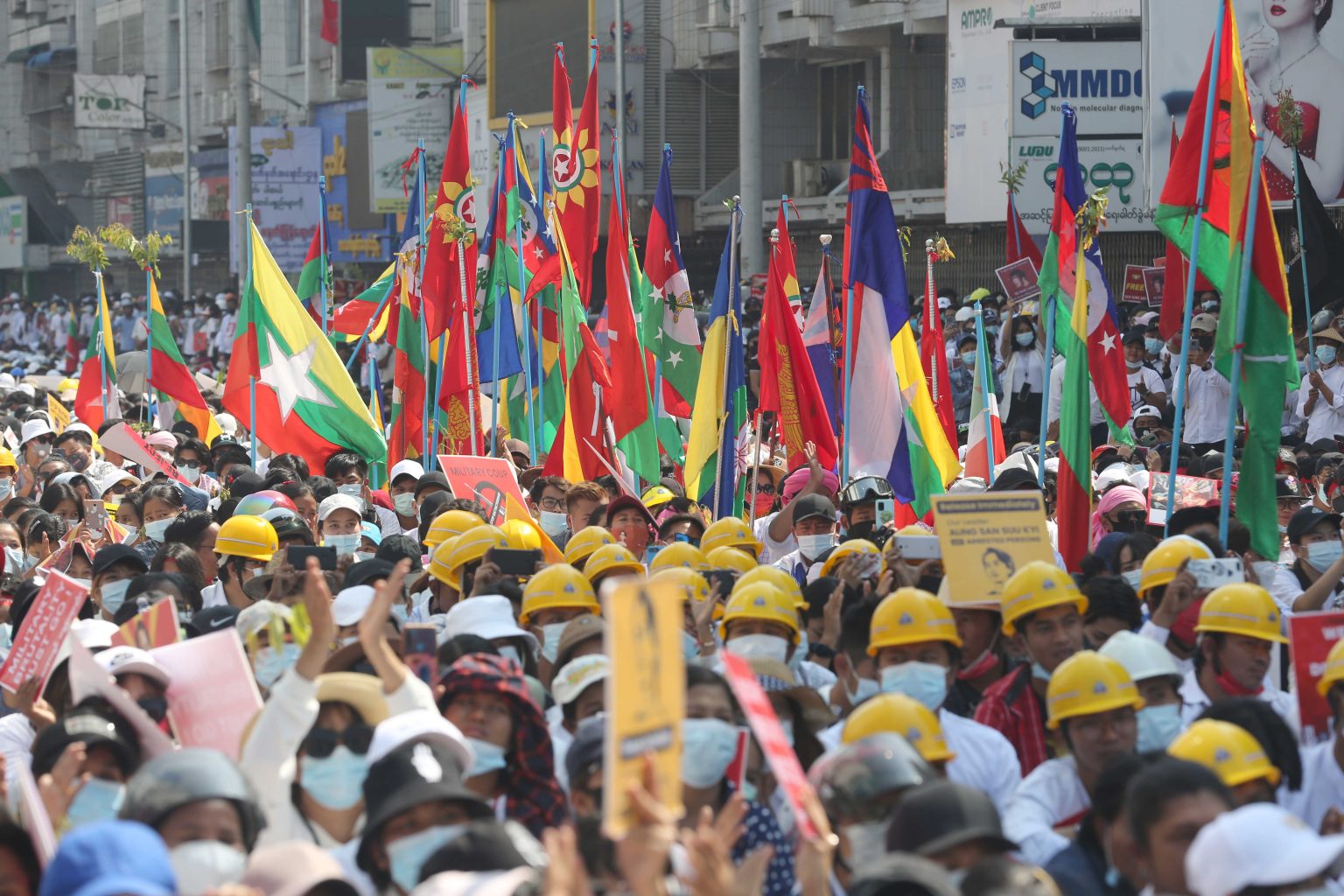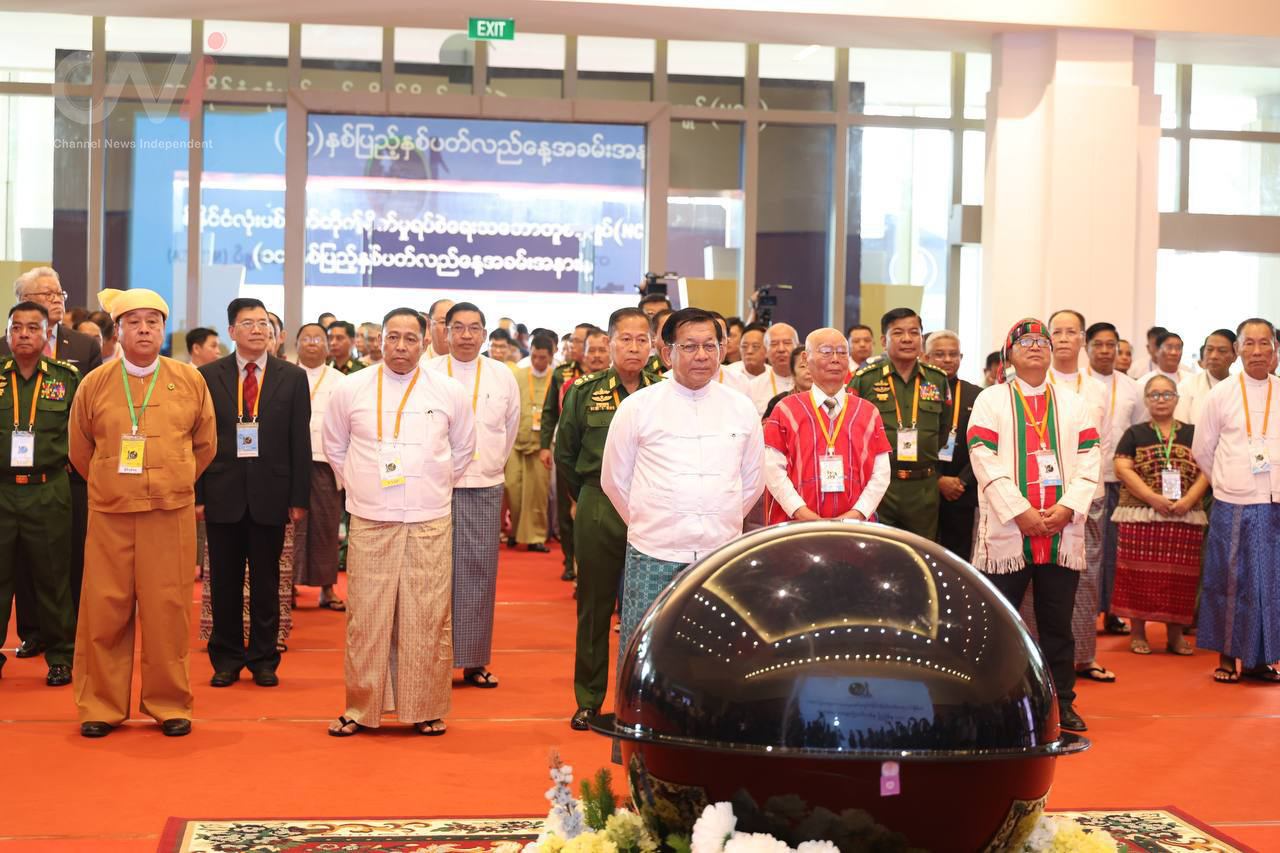CNI News
10 November 2025
In Myanmar today, while many armed resistance groups claim to be fighting against dictatorship, they are increasingly adopting authoritarian practices themselves, according to military and political analysts.
Although Myanmar has long been home to multiple armed groups, hundreds of new ones have emerged since the political changes that followed February 1, 2021.
However, despite their stated goals, these groups have failed to reach any ceasefire agreement or political settlement that could end the ongoing conflicts.
Sai Htay Aung, Chairman of the Tai Leng (Shanni) Nationalities Development Party (TNDP), told CNI News that those fighting dictatorship must be careful not to become dictators themselves, and should also avoid ethnic discrimination while claiming to build a federal democratic system.
“If you look at the KIA as an example — they say they’re fighting for federalism and democracy, but among those under their control, there’s still strong ethnic discrimination.

Protesters calling for democracy
They need to practice fairness themselves. Many of these armed groups say they’re fighting dictatorship, but they’ve started acting in the same authoritarian way. Some are even worse. If you’re fighting against dictatorship, you must be very careful not to do the same things yourself. If your actions cause the country to be destroyed or its image ruined, it’s better not to do them at all. When armed groups begin to threaten civilians, we have to ask the SSPC — how should we engage or negotiate with such groups? If they can’t be controlled, then we’ll have to respond militarily. When independence was gained, there were fewer than ten armed groups. Now there are over a hundred, which has become a heavy burden on the public.”, he said.
Across Myanmar today, fierce clashes are ongoing both between the military (Tatmadaw) and armed resistance groups, and also among the groups themselves.
Colonel Khun Okkar, Chairman of the Pa-O National Liberation Organization (PNLO/NCA-S), told CNI News that authoritarianism can come from any side — military or civilian — and that without restoring democracy, dictatorship will inevitably return.

Armed groups, military leaders, and political parties seen
“Dictatorship can come from the army, from civilians, from local warlords, even from ethnic armed leaders. When a system is bad, revolution to change it is justified. But if you remove one dictator only to have another take power, nothing truly changes — just the person, not the system.To eliminate dictatorship, you must promote its opposite — democracy. When democracy becomes strong, dictatorship won’t return. But if democracy isn’t rebuilt, even if one dictator disappears, another will rise. In Myanmar, there have already been three coups. Between 2010 and 2020, we failed to make democracy stable. Because those governments didn’t strengthen democracy, political upheaval happened again.”, he said.
On February 1, 2021, Myanmar’s military ousted the NLD government, claiming it failed to address alleged irregularities in the 2020 general election voter lists.
After seizing power, the military declared a state of emergency and took control of the country. In response, various armed groups launched an armed resistance movement aimed at overthrowing the military junta.
Analysts note that in this ongoing political crisis, both sides have embraced a “you’re either with us or against us” mentality, leading to widespread suppression and conflict.




